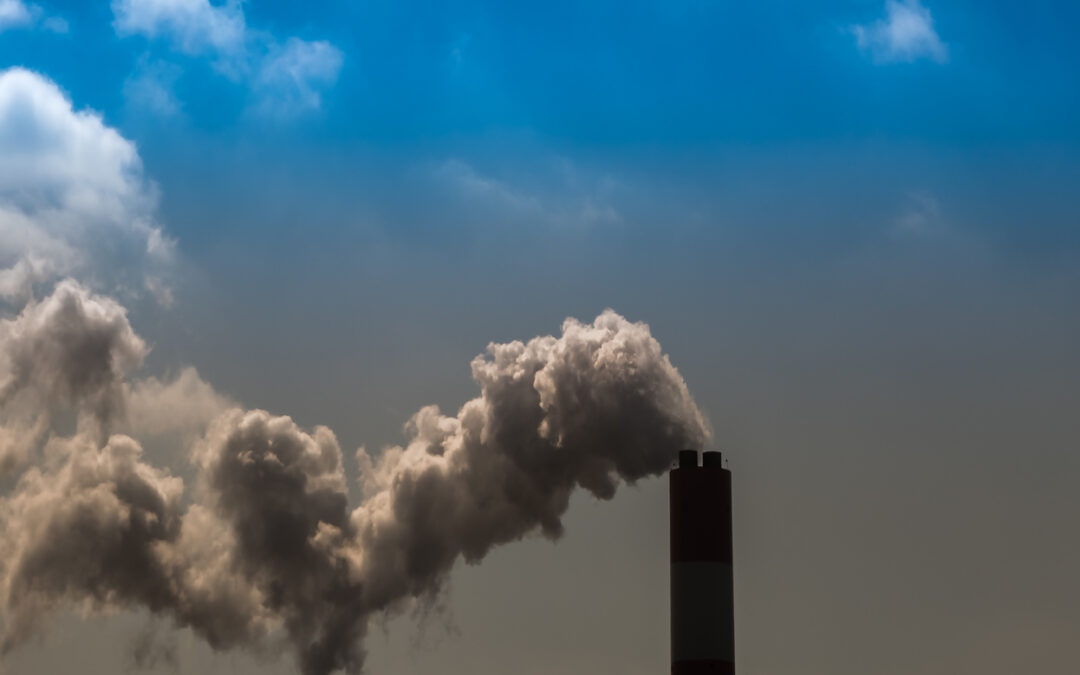As the United States tries to meet its climate goals and address environmental justice issues, cutting greenhouse gases alone might not help communities of color dealing with air pollution. In some cases, it might even hurt them, according to a study from the University of California San Diego. The study, published in the scientific journal PNAS, reveals how if the U.S. tries to cut greenhouse gases based on income or other factors instead of race, communities of color could suffer more from air pollution.
Air pollution and greenhouse gases have historically been separated into different categories, despite the fact that both are the end products of burning fossil fuels. But recent efforts, most notably by the Biden administration through the passage of the Inflation Reduction Act, have reclassified carbon dioxide as an air pollutant.
“The U.S. government says they see climate policy as an opportunity to advance equity,” said Pascal Polonik, lead author on the paper and a graduate student at the University of California San Diego. “So one of the questions to me then became, well, what happens if we reduce greenhouse gases? Are we also going to improve [air quality] equity?”
The study focused on a subset of particle pollution, called PM 2.5, that can be found at the end of tailpipes as well as in wildfire smoke. The type of pollution that researchers focused on is particularly harmful because of its small size. The 2.5 refers to particles that are less than 2.5 micrometers in diameter, tiny enough to bypass the body’s defenses and enter the bloodstream.

